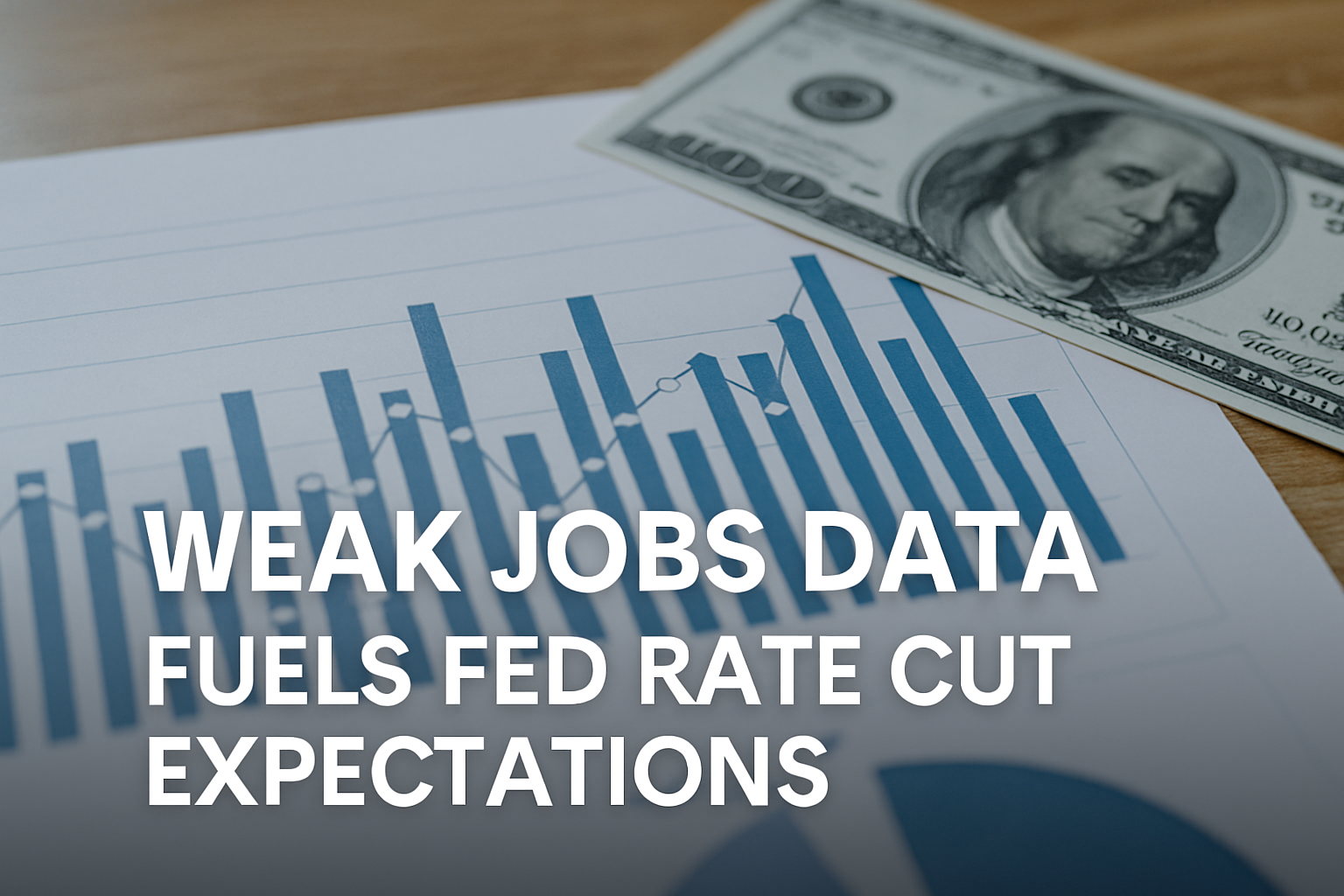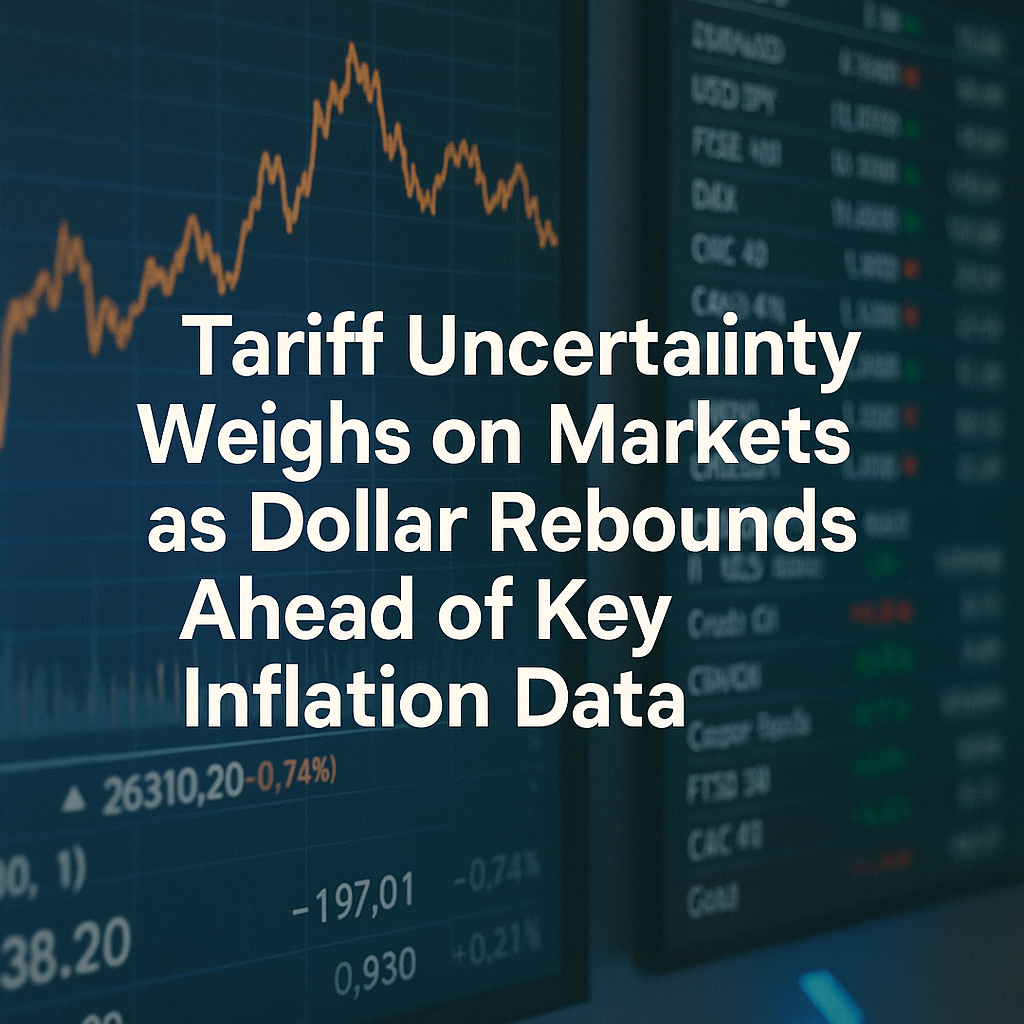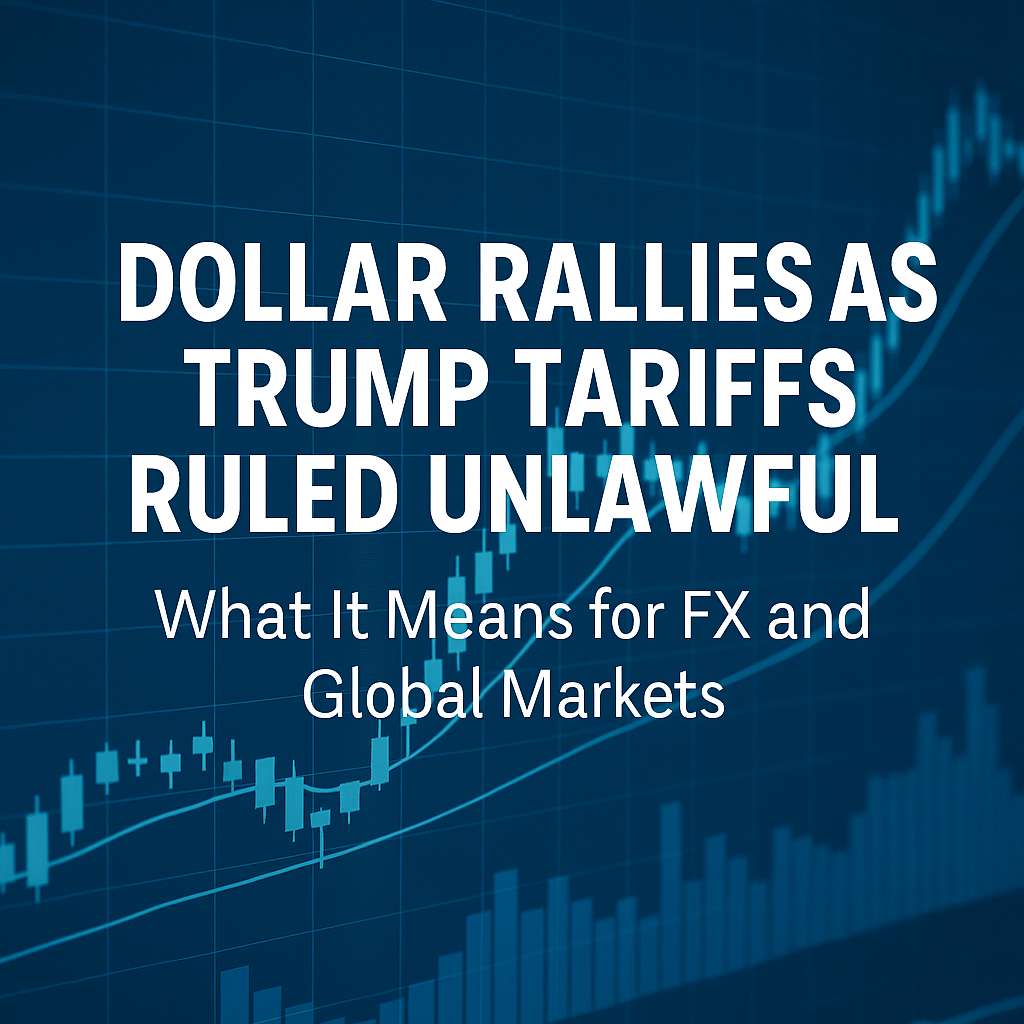Navigating Volatility: Oil, Currencies, and Crucial Economic Data Ahead
Markets are buzzing this week! 📈 Geopolitical tensions in the Middle East are causing oil prices to fluctuate and influencing currency movements, with the US Dollar seeing mixed signals.
Headlines
- Central Banks in Focus: Get ready for important updates! Both the Bank of England (BoE) and the US Federal Reserve (Fed) are making decisions about interest rates this week. These decisions can affect everything from loan costs to how your savings grow.
- Middle East Tensions Keep Oil High: The ongoing issues in the Middle East are still making oil prices stay high. When oil is expensive, it can make other things cost more too.
- Stocks Are Down, Dollar Up: Last Friday, many stock markets went down. This happened because people were feeling more worried about global events. When investors get nervous, they often buy the US dollar, making it stronger.
- Japan's Central Bank Decision: Overnight, Japan's central bank (the Bank of Japan) is expected to keep its interest rates steady at 0.5%. This decision is closely watched as it can influence global currency markets.
Market Recap:
As the week drew to a close, markets remained on high alert, primarily influenced by the escalating situation in the Middle East. Here's a brief summary of the key developments:
- Geopolitical Jitters: The main driver of market sentiment on Friday was Israel's military strikes on Iran. This significantly heightened geopolitical tensions, leading investors to react cautiously.
- Trump's Call for a Deal: Following these events, President Donald Trump used social media to urge Iran to agree to a nuclear deal, aiming to de-escalate the situation and prevent further attacks. While his comments are notable, the direct market impact of such statements on rapidly unfolding geopolitical events can be complex.
- "Safe-Haven" Currencies Gain: In times of uncertainty, investors often seek out assets perceived as safer. As a result of the rising tensions, the US Dollar, the Swiss Franc, and the Japanese Yen saw increased demand, strengthening against other currencies. This "flight to safety" is a common reaction when global risks increase.
In essence, the week concluded with markets focused on geopolitical developments, leading to a noticeable shift in currency flows towards assets seen as secure.
Today’s Market Update:
The start to the week has been heavily influenced by ongoing geopolitical developments and anticipation of major economic announcements.
Here's what's driving the markets:
- Middle East Tensions Impact Markets: The conflict between Israel and Iran continued over the weekend, keeping global markets on edge.
- Oil Price Volatility: Initial worries about oil supply caused prices to spike up to 5% this morning, though they have since eased. Sustained high oil prices could reignite global inflation concerns, potentially impacting future central bank interest rate decisions.
- Risk Aversion Shifts: While global stocks saw some declines on Friday due to heightened risk, European equities and US futures are pointing to a positive start today, suggesting some sentiment recovery.
- Currency Movements: The US Dollar, which benefited from safe-haven flows on Friday, has given back some of those gains, with the British Pound (GBP) and Euro (EUR) starting higher today. Traditional safe havens like the Swiss Franc and Japanese Yen also saw demand.
- Trump's Role: Over the weekend, President Trump's comments suggested potential US involvement in the conflict, although he also indicated a belief that an agreement between Israel and Iran is still possible. He reportedly vetoed an Israeli plan concerning Iran's Supreme Leader.
Crucial Central Bank Decisions This Week:
- Both the US Federal Reserve (Fed) and the Bank of England (BoE) are scheduled to announce their latest interest rate decisions this week. Markets widely expect both central banks to hold rates steady, likely emphasizing a "wait and see" approach given geopolitical tensions and ongoing tariff negotiations.
- For the UK, attention will also be on Wednesday's inflation (CPI) data for May. Following weaker economic data last week, a lower-than-expected inflation figure could increase the likelihood of the Bank of England cutting rates as early as August, which could put further pressure on the Pound.
Retail Sales Data on Deck:
This week also brings the release of retail sales figures for both the UK and the US. These reports will offer valuable insights into consumer spending habits amid current economic uncertainties, including the impact of tariff discussions.
In essence, geopolitical tensions in the Middle East are creating market volatility, particularly for oil and currencies. Meanwhile, major central bank decisions and key economic data releases (especially UK inflation and retail sales) will be closely watched for their implications on interest rates and economic outlooks.
16th June 2025
How We Can Help...
Our team are here to help you get more from your money when making international payments. We will work with you to understand your payment needs and offer guidance on the best options available to you.
Get in Touch!
P: 07441 910 897
E: FX-Admin@frank-exchange.com
This document has been prepared solely for information and is not intended as an Inducement concerning the purchase or sale of any financial instrument. By its nature market analysis represents the personal view of the author and no warranty can be, or is, offered as to the accuracy of any such analysis, or that predictions provided in any such analysis will prove to be correct. Should you rely on any analysis, information, or report provided as part of the Service it does so entirely at its own risk, and Frank eXchange Limited accepts no responsibility or liability for any loss or damage you may suffer as a result. Information and opinions have been obtained from sources believed to be reliable, but no representation is made as to their accuracy. No copy of this document can be taken without prior written permission.












